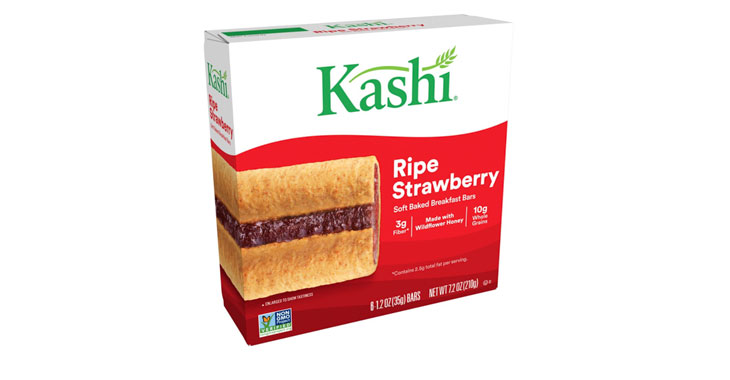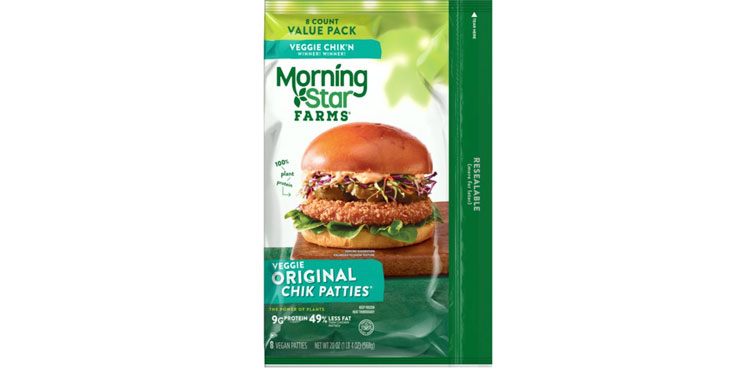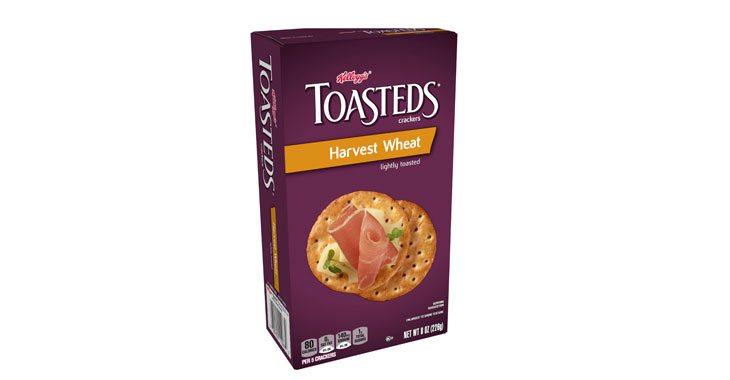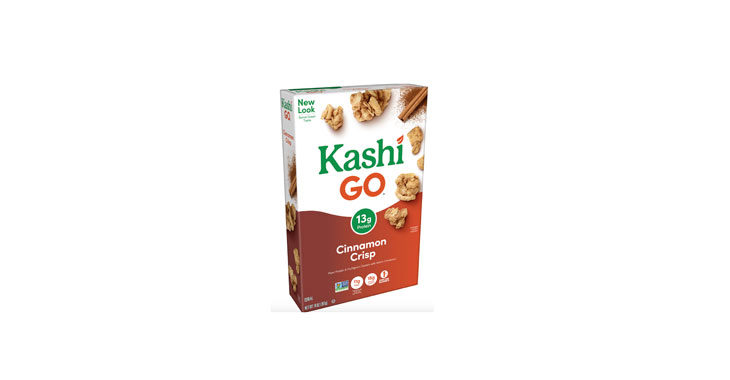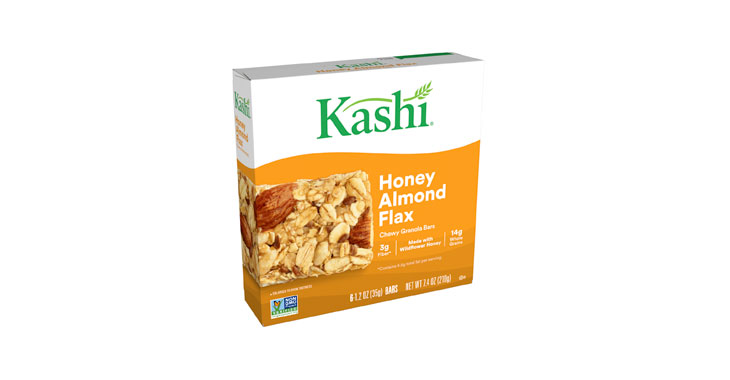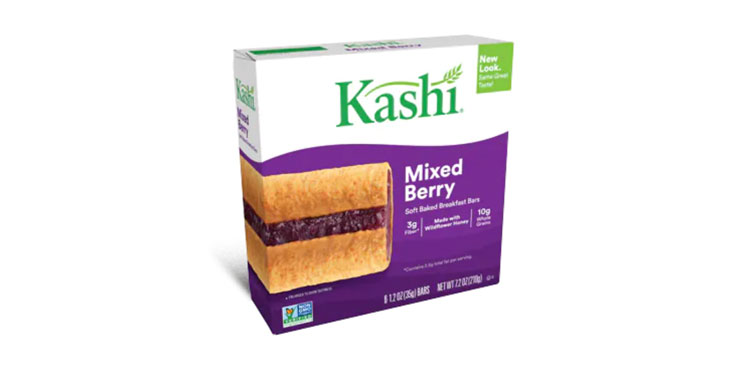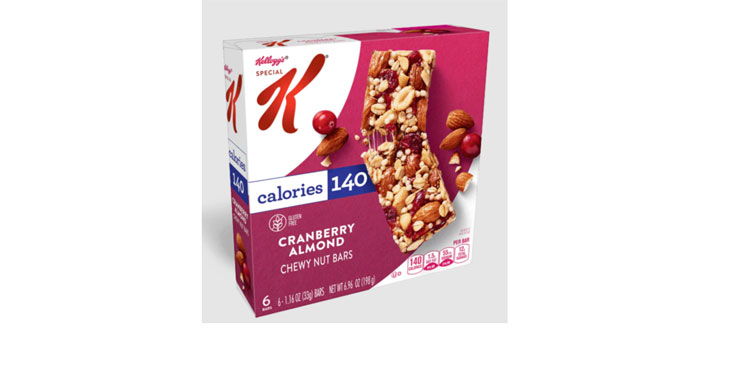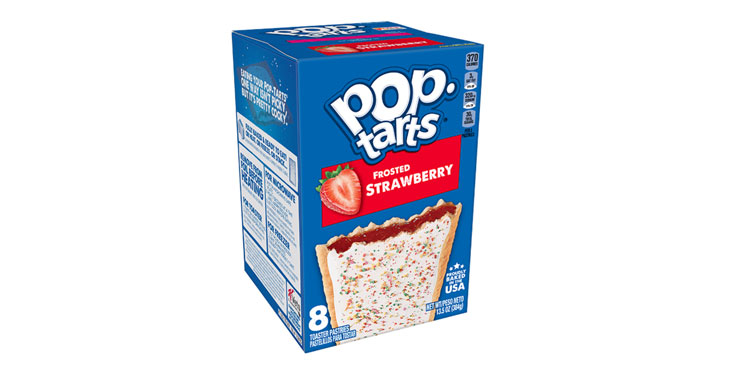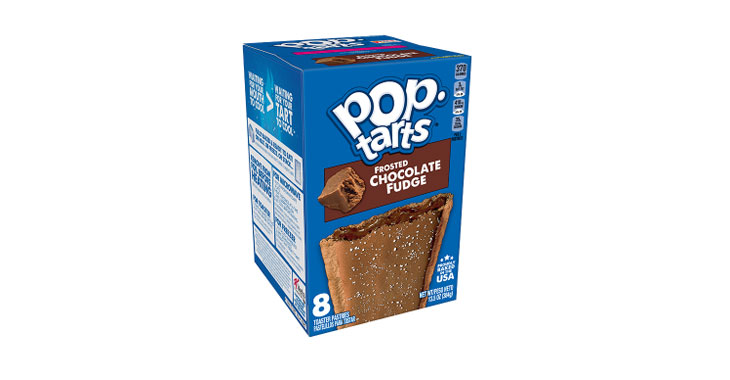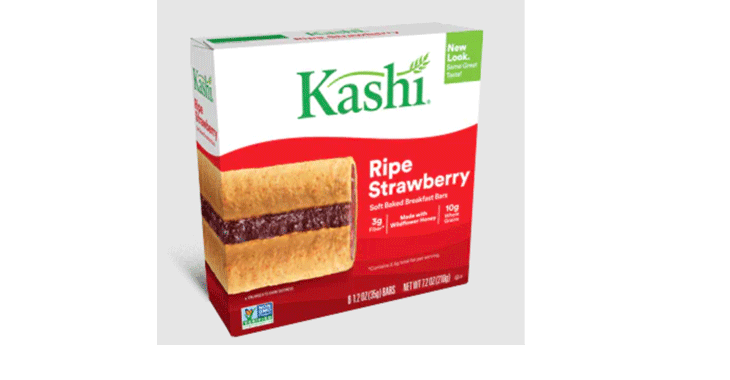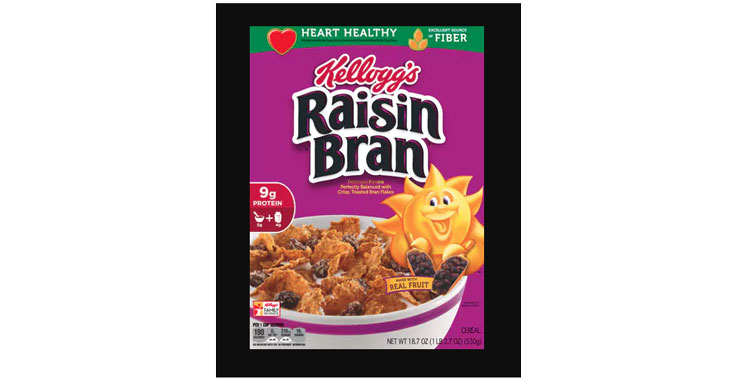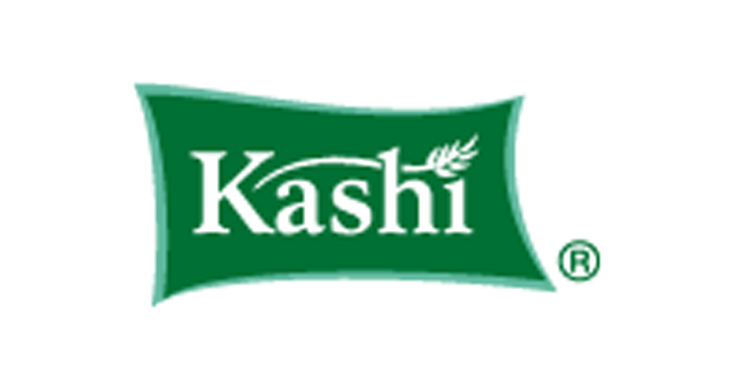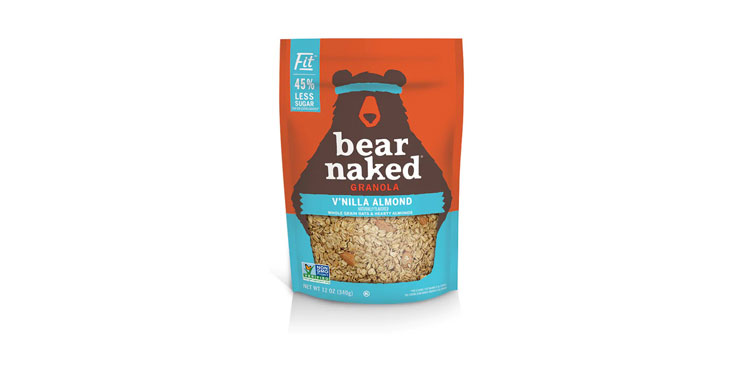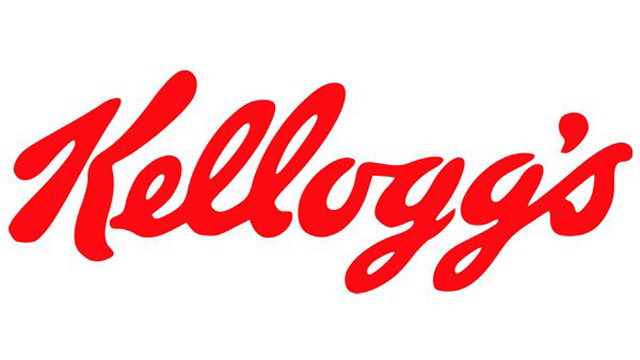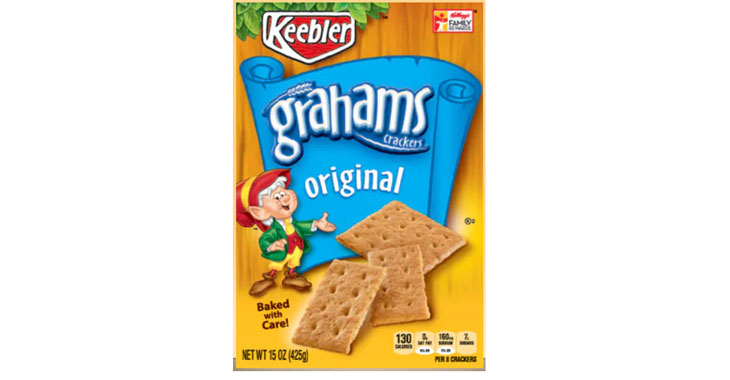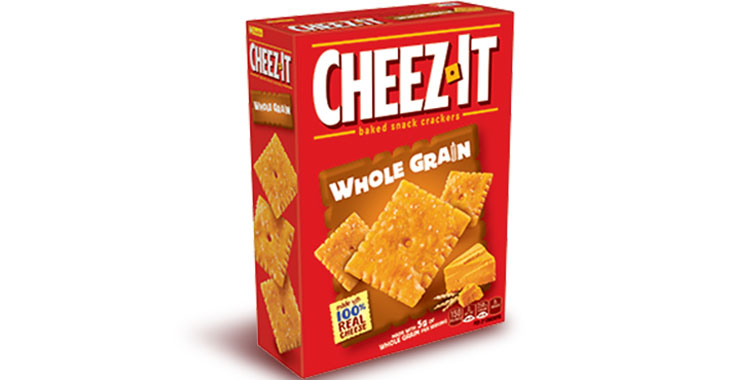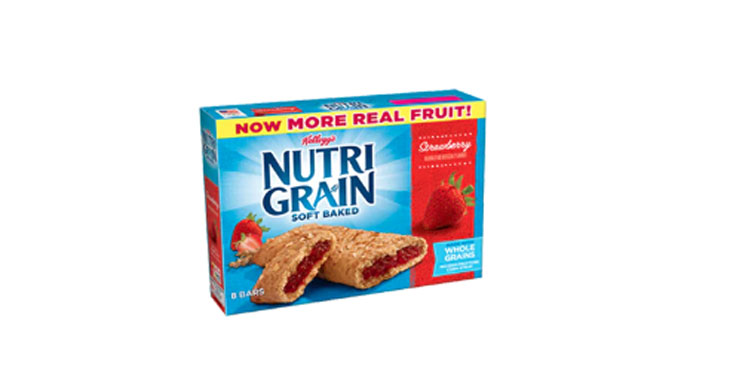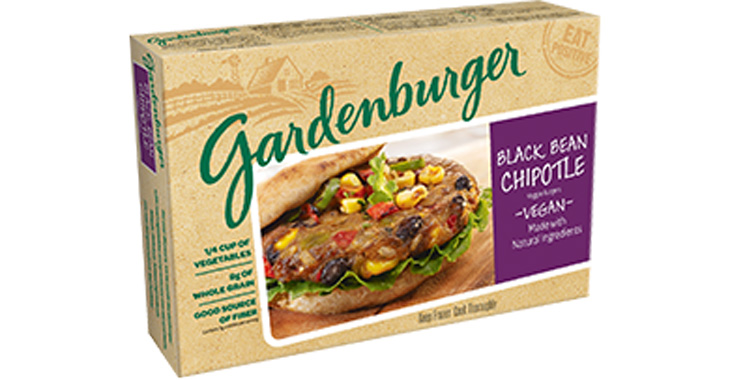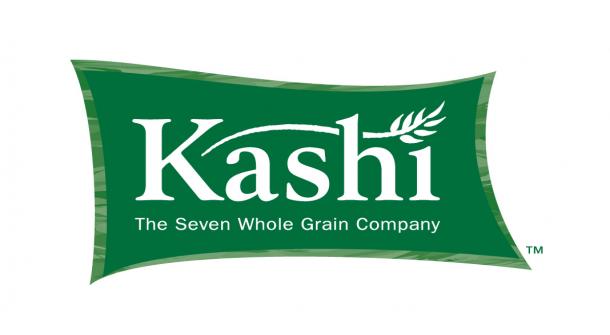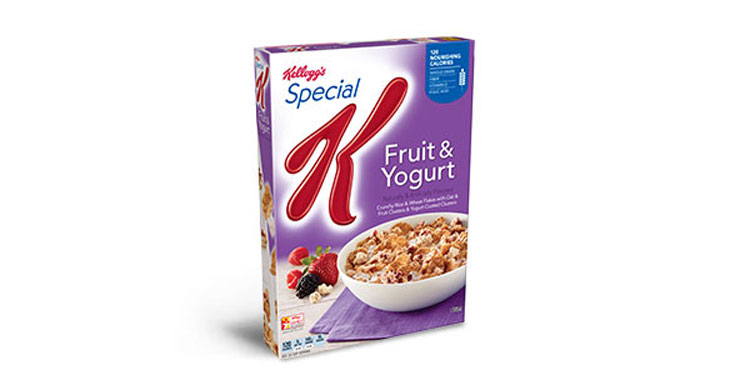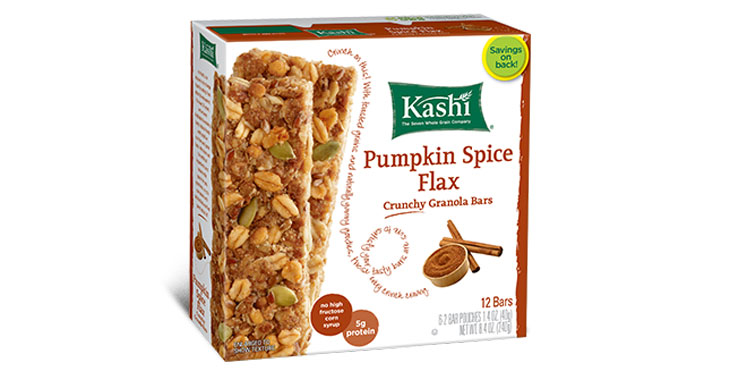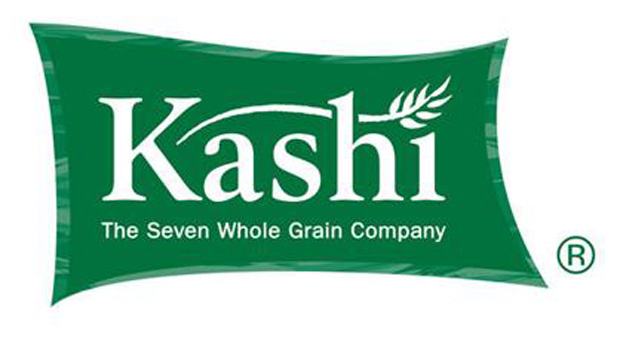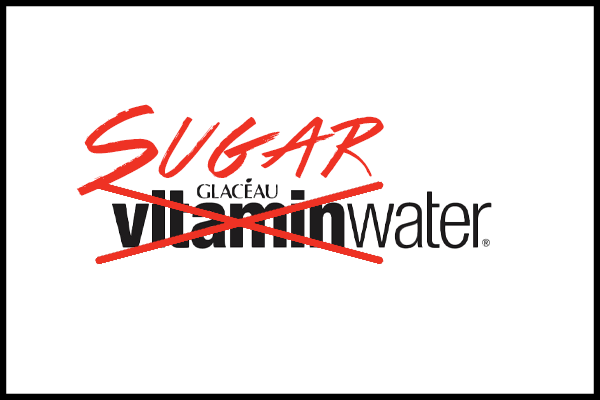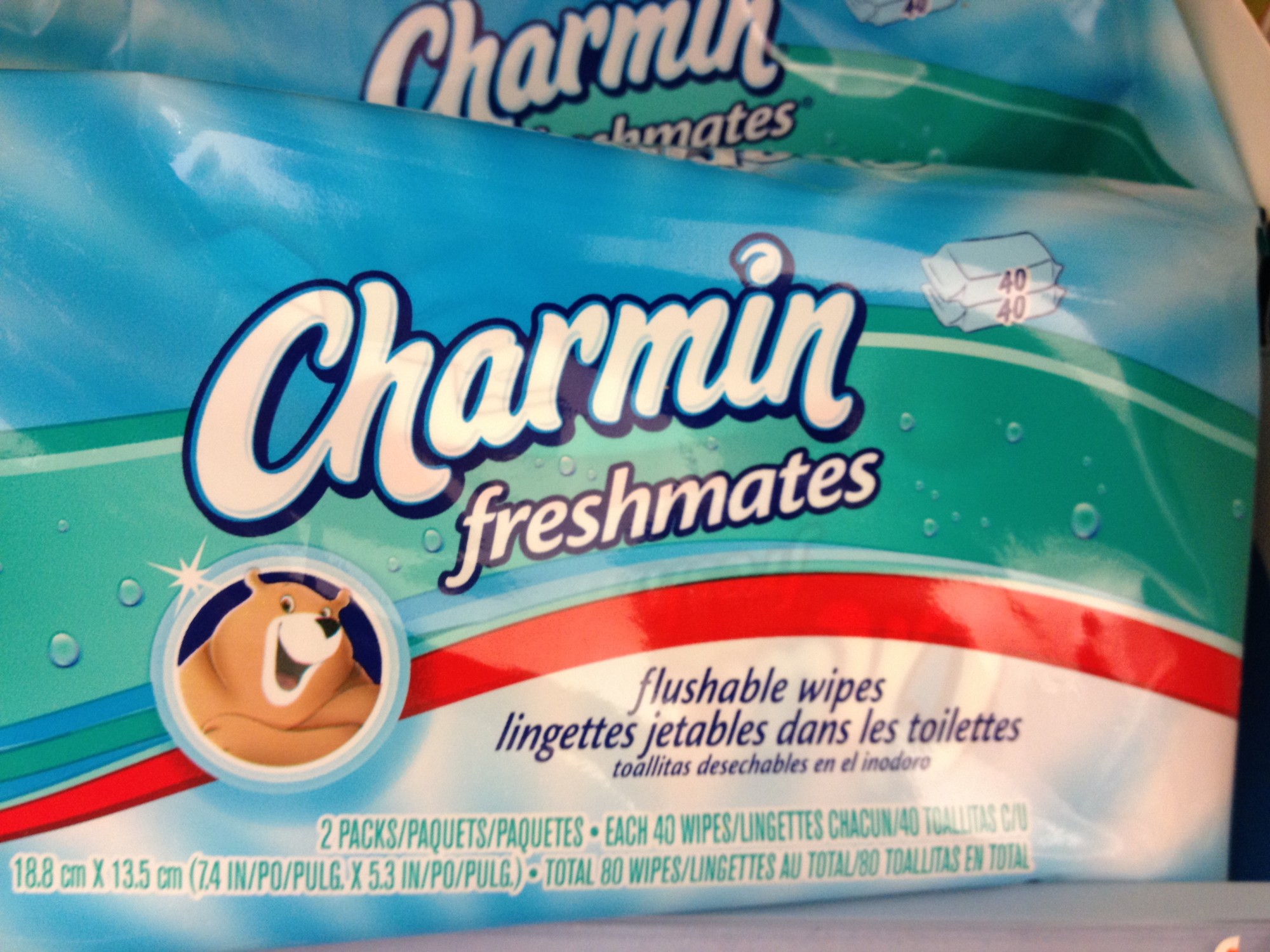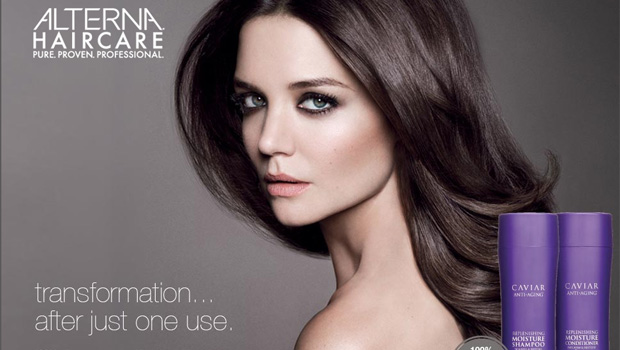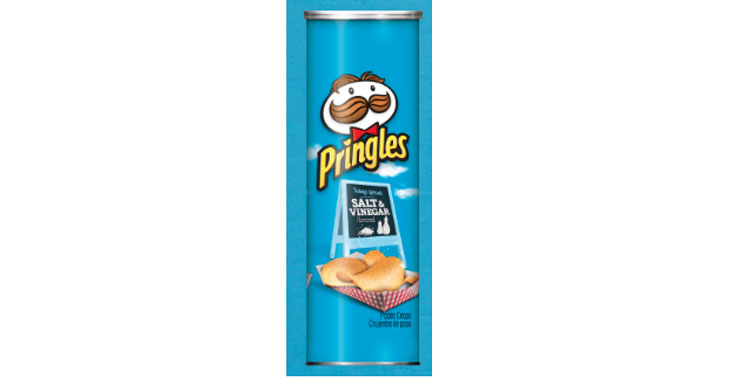
Pringles® Salt and Vinegar Chips
Allegations: Falsely marketing products as containing “No Artificial Flavors”
June 2019: This case was voluntarily dismissed When a complaint is dismissed with prejudice, it cannot be refiled. as to the named plaintiffs and When a complaint is dismissed without prejudice, an amended version of the complaint can be refiled. as to the class members.
May 2019: The parties reached a settlement agreement, the terms of which have not yet been disclosed.
January 2019: A federal judge denied class certification finding that the plaintiffs did not provide a way to calculate economic injury and failed to establish standing for injunctive relief claims.
August 2018: The stay was lifted.
April 2016: A federal judge stayed this case in its entirety pending the resolution of a related case in the Ninth Circuit Court of Appeals (Bishop v. 7-Eleven) and the issuance of guidance from the FDA.
November 2015: A federal judge granted a partial stay of this case pending the resolution of three related appeals (Brazil v. Dole Packaged Foods, Jones v. ConAgra Foods, and Kosta v. Del Monte Corp.).
2012: A false advertising class-action lawsuit was filed against Procter & Gamble and Kellogg Company regarding the marketing of Pringles and MorningStar Farms Hickory BBQ Riblets. Specifically, the complaint, which was later amended in 2015, alleges that the marketing for Pringles, which contain more than 13 grams of fat and “0g Trans Fat”, fails to include a mandatory disclosure statement informing consumers that the chips contain harmful ingredients and may cause diet-related diseases or conditions, in violation of federal law. The complaint also alleges that the company misleadingly labels MorningStar Farms Hickory BBQ Riblets as containing evaporated cane juice when, according to the complaint, they actually contain sugar. (Samet v. Procter & Gamble Company, Kellogg Company, and Kellogg Sales Company, Case No. 12-cv-01891, N.D. Cal.).
For more information about other class-action lawsuits filed against Procter & Gamble and TINA.org’s coverage of the company, click here.
Allegations: Falsely marketing products as containing “No Artificial Flavors”
Allegations: Misleadingly including strawberries in photographs on the front of cereal boxes when the products don’t contain any strawberries
Allegations: Deceptively using slack-filled packaging
Allegations: Misleadingly marketing the ingredients in bars
Allegations: Falsely marketing products as “veggie”
Allegations: Misleadingly marketing ingredients in crackers
Allegations: Cereals contain less protein than advertised
Allegations: Misleadingly marketing products as “Made With Wildflower Honey” when honey is not the predominant sweetening ingredient
Allegations: Misleadingly marketing the ingredients in breakfast bars
Allegations: Misleadingly marketing bars as “Cranberry Almond”
Allegations: Misleadingly marketing the filling as strawberry when it contains significant amounts of other fruits in addition to strawberries
Allegations: Misleadingly marketing that the product contains fudge when it is missing ingredients essential to fudge and contains ingredients that are not found in fudge
Allegations: Misleadingly marketing that the only fruit ingredient is strawberries
Allegations: Misleadingly marketing the ingredients used in the fruit filling and as the primary sweetener in products
Allegations: Deceptively marketing breakfast cereals as healthy when they contain high amounts of sugar
Allegations: Misleadingly marketing the ingredients that are in the filling of Kashi bars
What’s in a name? Sometimes not what you expect.
Here’s what the Super Bowl’s #likeagirl ad really means.
They’re advertised as “flushable” but wastewater officials and consumers say that claim falls short.
Crest ProHealth Anticavity Fluoride Rinse claims that it “rebuilds enamel.” It is not possible to truly rebuild or restore tooth enamel, which, once lost, is lost forever. While it is not possible…
You are having an old hair day, you old person.

